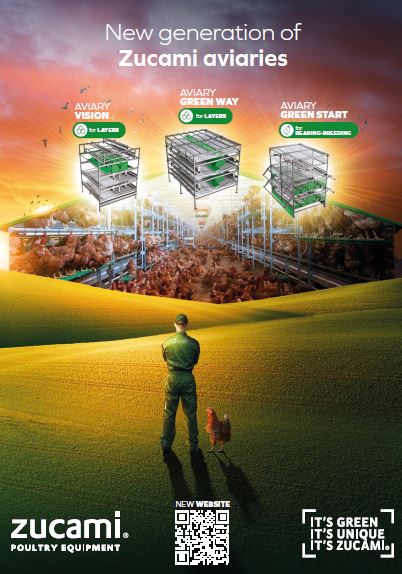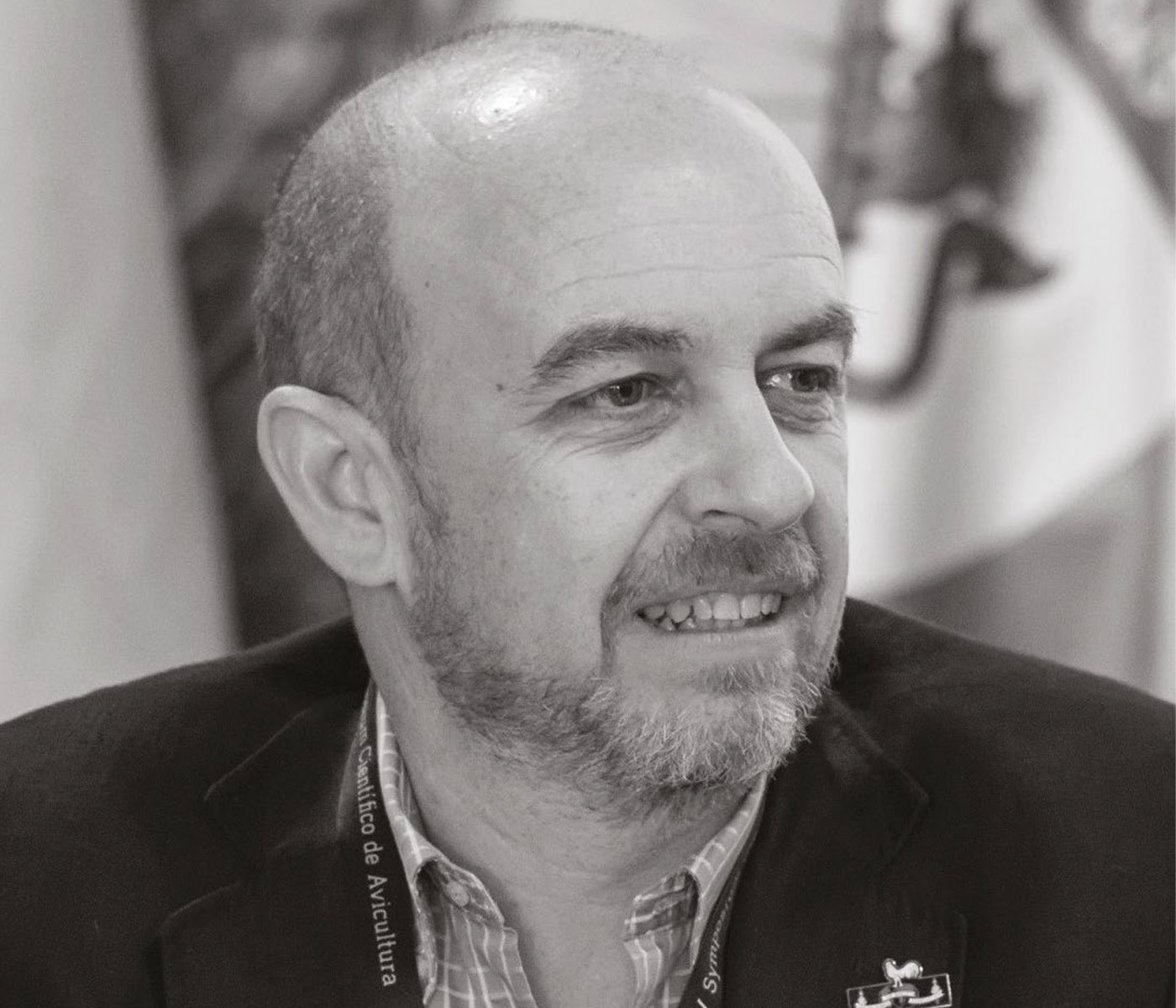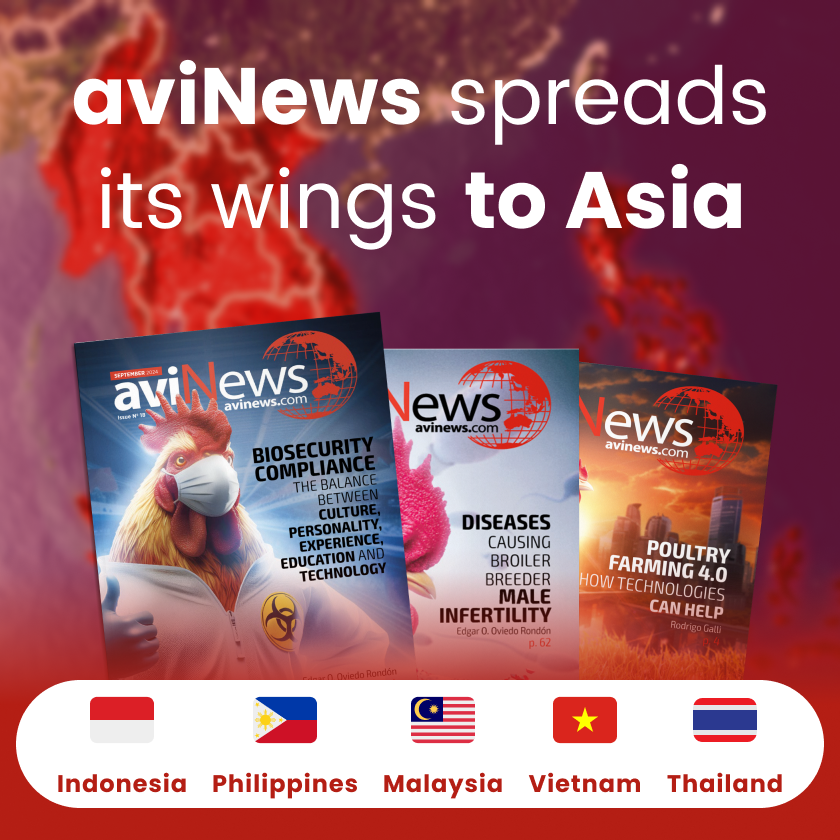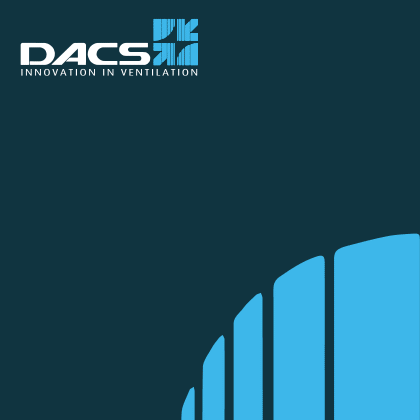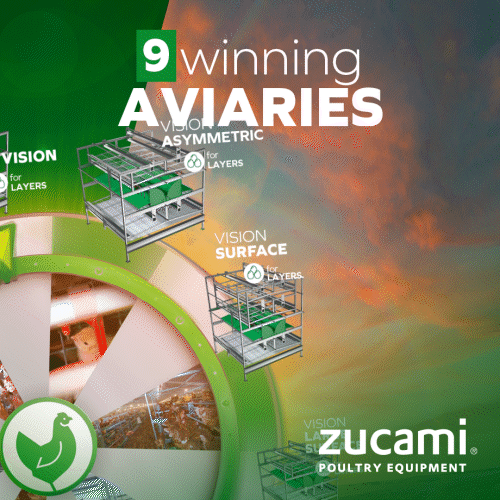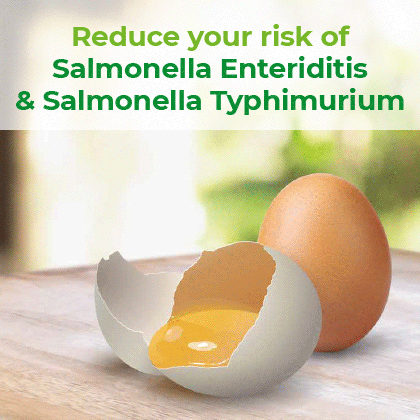QUESTIONS FOR THE PRESIDENT OF THE EUROPEAN POULTRY CONFERENCE (EPC)
On the occasion of the upcoming XVI European Poultry Conference (EPC), to be held June 24-28 in Valencia (Spain), AviNews International had the privilege of interviewing Carlos Garcés Narro, PhD, president of the EPC and professor at the Faculty of Veterinary Medicine of the CEU Cardenal Herrera University in Valencia (Spain).
What is the European Poultry Conference about?
The European Poultry Conference is a congress that encompasses all areas of knowledge related to poultry, including:
- Nutrition
- Health
- Welfare
- Product quality
- Smart farming
- Sustainability
- Economics
- And more
The conference is promoted and organized within the European Federation of the World’s Poultry Science Association (EF WPSA) every four years. Each edition of the conference is held in a different country as the venue. This edition will be held in Valencia.
What can attendees expect from this conference?
- The conference will focus on the latest scientific and technical advancements in poultry, presented through plenary sessions, parallel sessions, and a commercial exhibition.
- Additionally, there will be a social program, including a gala dinner, providing an opportunity to exchange experiences with scientists and colleagues from the poultry industry.
- Sponsor participation is crucial for the conference, as they assist in funding the organization of the event.
- Sponsors will also have opportunities to participate in the commercial exhibition and host company meetings.
- The expected number of attendees is approximately 1,600 from both academia and industry sectors.
How have your years in charge of the conference been?
The work has been… and continues to be challenging, but it is also very rewarding. The opportunity to interact with scientists from all over Europe and beyond, as well as with companies and organizers, makes it particularly fulfilling.
What is the vision of the EF-WPSA for the future of poultry farming in Europe?
Poultry farming is highly dynamic and resilient.
In fact, it is one of the livestock sectors most capable of withstanding economic and social crises, adapting to new production models.
As a key sector in providing food for European citizens, primarily in the form of meat and eggs, poultry will face the coming challenges and will undoubtedly emerge from them successfully.
What are the association’s main objectives and priorities for the coming year?
The objectives of the association are very stable and clear:
- To promote poultry science and to assist the industry in facing upcoming challenges.
- That’s why the association is organizing the EPC, but not only that.
- The EF-WPSA is also preparing other conferences in 2025, such as symposia on poultry nutrition, welfare, product quality, genetics, and breeding.
- Additionally, each branch prepares national symposia or congresses to address more local challenges.
- I can say that this association is very active and is always closely engaged with the poultry sector.
What challenges is the European poultry industry currently facing and how is the association addressing these challenges?
The poultry industry in Europe faces significant challenges, including:
- Food safety.
- Sustainability.
- Animal welfare.
- Maintaining economic viability.
- And, crucially, ensuring a stable and substantial food source for European citizens.
These challenges are complex and require careful management. The objective of the WPSA is to assist in achieving success in addressing these challenges effectively.
What initiatives or programs is the association promoting to foster research and development in the field of poultry farming?
The WPSA promotes poultry science, aiding researchers in achieving their research objectives and facilitating their dissemination to the industry.
Continuous interaction between academia and industry is crucial for aligning research objectives.
The organization hosts congresses and symposia, publishes a quarterly journal, and provides travel grants to attend various conferences, all of which are primary objectives of the association.
How does it collaborate with other organizations and institutions at the European and international level to promote the interests of poultry farming?
The WPSA is one of the organizations that maintains continuous communication with European institutions, aiming to address the questions in poultry science that are essential for both institutions and producers to advance and enhance poultry production efficiency and sustainability.
What role does the association play in promoting animal welfare in the European poultry industry?
The WPSA’s European Federation has a dedicated working group focused on animal welfare.
Within this group, top researchers collaborate to conduct and disseminate research findings.
Every two years, a symposium centered on poultry welfare is held in a different European country.
We believe that the discourse surrounding animal welfare is of paramount importance, and the association is deeply committed to addressing this issue.
How are European poultry practices adapting to changes in consumer demand and government regulations?
As we have already mentioned, the poultry industry is highly dynamic and constantly endeavors to adapt to shifts in consumer preferences, societal changes, and government regulations.
The poultry industry maintains close ties with society to ensure the provision of high-quality food that is sustainable, environmentally respectful, and upholds animal welfare standards.
Various production methods coexist within poultry farming, offering consumers a range of options.
Given Europe’s diverse geographical landscape, it is essential to encompass all these options to cater to the needs of consumers effectively.
What opportunities and challenges does digitalization and technology present in modern poultry farming, and how is the association addressing these?
Digitalization is an important tool in our evolving world, and the poultry industry is not turning its back on this trend. On the contrary, all technologies are welcomed into the poultry industry.
The application of technology poses a challenge in integrating it into the entire production process.
Throughout the supply chain, technology continuously adapts processes.
Smart farming is emerging as a vital tool for farmers in the initial stages, helping them achieve more efficient, controlled, environmentally friendly, and worker-animalfriendly production.
In line with this, the WPSA includes discussions on technology application in all its general meetings, with a significant number of research groups in this area actively participating.
What steps is the association taking to promote environmental and economic sustainability in the European poultry industry?
- Sustainability and environmental challenges are paramount in the work of the WPSA.
- Environmental protection holds particular significance in our densely populated continent, where the landscape has been heavily influenced by human activity for centuries.
- The adoption of new energy sources is of great importance in our region, and our focus on renewable energy is pivotal.
- Additionally, mitigating pollution poses a challenge that the poultry industry has been addressing quite successfully.
- Both poultry meat and eggs are among the least polluting animal products.
- The farms, along with the entire production chain, are implementing changes to recover pollutants and prevent their spread into the environment.
What is the association’s role in the education and training of poultry professionals?
Of course, education is one of the primary goals of the WPSA, enabling future and new poultry specialists to acquire knowledge of the latest trends in poultry science and industry.
Every WPSA congress or symposium features a youth program aimed at encouraging young people to participate in the poultry industry, applying the latest knowledge and addressing the challenges of contemporary society.
At the EPC, 40 young scientists will participate in this youth program, engaging in activities focused on both industry and research throughout the conference.
How is the association addressing antimicrobial resistance and other public health concerns related to poultry?
- The poultry industry, like other animal production sectors, faces the challenge of reducing the use of antimicrobials.
- The achievements of the European sector in this regard over the past few years have been truly remarkable.
- Efforts are ongoing, and the results are highly positive.
- Producing poultry products with minimal use of antimicrobials, once deemed impossible, is now a reality.
- The combined efforts of research groups in both academia and industry have contributed to achieving this goal.
- The findings of this field, along with all the latest developments, are presented and shared at our conferences and symposia.
- At the next EPC, a session will be dedicated to this subject.
What opportunities for collaboration exist for poultry researchers and professionals through the association?
One of the goals of the WPSA is to bridge the gap between academia and industry.
The participation of both sectors in our meetings, such as the upcoming EPC, is instrumental in strengthening these connections.
Many of the ideas shared at these meetings serve as the foundation for academia and industry to initiate new projects, resulting in valuable discoveries beneficial to both the industry and society.
Poultry researchers develop highly applicable science that often proves beneficial to professionals in the poultry sector.
How is the association promoting diversity and inclusion in the European poultry industry?
The WPSA is actively promoting inclusion and diversity within the poultry science through various initiatives. By fostering a welcoming and inclusive environment at its events and conferences, the association ensures that individuals from diverse backgrounds feel valued and represented. Additionally, achieving gender balance between women and men is an objective in our congresses and symposia.
What are the association’s most notable achievements in recent years and what are your plans for the future?
- The European Federation of the WPSA takes great pride in the success of the congresses and symposia organized in recent years.
- Currently, participation in these conferences is exceptionally high, indicating the robust activity within the poultry sector and the overall health of poultry science.
- These events successfully attract both academia and industry participants.
- Collaboration between academia and industry remains the primary objective of our association.
- Expectations for the next EPC are soaring, with over 40 sponsoring companies, a bustling commercial exhibition, plenary keynotes, parallel sessions featuring keynote speakers, and more than 500 scientific communications, including oral presentations and posters.
- Registration for the event closed over three months in advance due to overwhelming demand.
- Moving forward, we aim to maintain this momentum while addressing any emerging issues.
